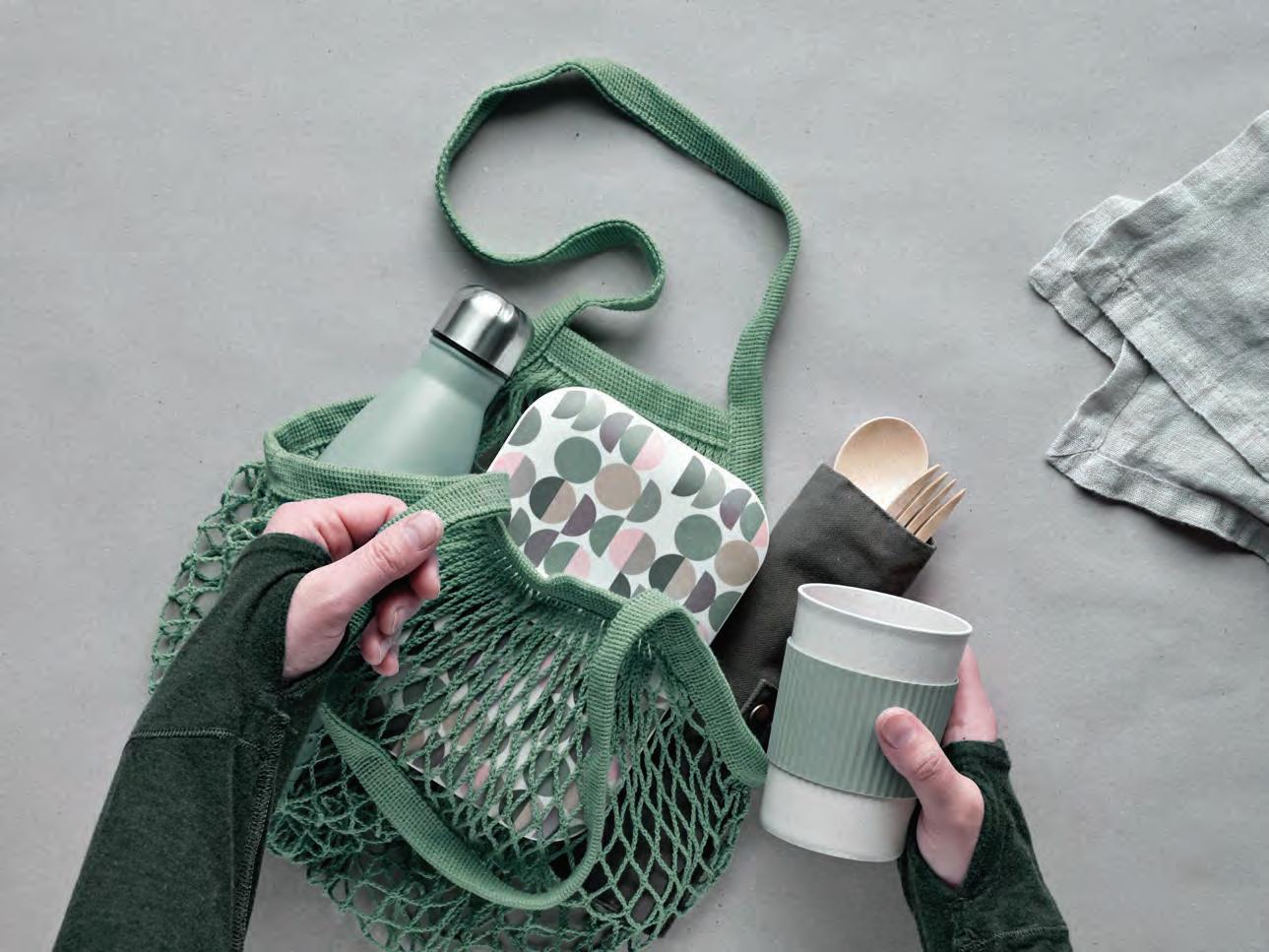
SUSTAINABLE & ECO FRIENDLY materials guide 2023
NATURAL, SUSTAINABLE AND ECO-FRIENDLY PROMOTIONAL GIFTS
Our sustainable collections help you achieve your promotional goals in a more sustainable way. These products provide greener alternatives to traditional items. They are fully or partially made of natural, sustainable or recycled materials or provide a substitute to a normally disposable everyday item.
RECYCLED MATERIALS
One way to reduce waste – especially plastic waste – is to choose products that are made of materials that are made from, or can be, recycled. Recycling has several benefits, in addition to reducing the amount of waste going to landfills. It uses waste materials to convert them into new products, which reduces the use of fresh raw materials. Recycling materials needs the fraction of the energy than the original production, which also reduces air and water pollution.
BIODEGRADABLE MATERIALS
Another option is to use natural materials that are biodegradable i.e. they are capable of decomposing back into natural elements. It means that these products can be safely disposed when they are no longer functional.
REUSABLE PRODUCTS
We encourage our customers to replace everyday disposable items with reusable alternatives and enjoy their advantages. Not only do they help to reduce the amount of waste, but they are safer as well. Storing your drinks in glass containers can help to preserve them longer. Cotton shopping bags are washable, so you don’t have to worry when you buy your vegetables and fruits in bulk. These products also look much more attractive and elegant, ensuring that your message makes the best impact.
SUSTAINABLE MATERIALS
Our collections of sustainable merchandise include products made from these materials:
BAMBOO FIBRE PLASTIC
WHEAT STRAW PLASTIC
RECYCLED PAPER
RECYCLED COTTON
ORGANIC COTTON
BPA FREE PLASTIC
PLA PLASTIC
RPET (RECYCLED PET)
BIODEGRADABLE
BAMBOO
STRAW
FSC PAPER
COTTON
CORK
JUTE
WOOD
GLASS
STAINLESS STEEL
RECYCLED RICE
SUGAR CANE
RECYCLED COFFEE
STONE
SOLAR PANEL
LIMESTONE CEMENT
MIXED RECYCLED
PHA (BIODEGRADABLE)
Talk to us 01903 233828 Email us Visit us www.willsmerwagg.com sales@willsmerwagg.com
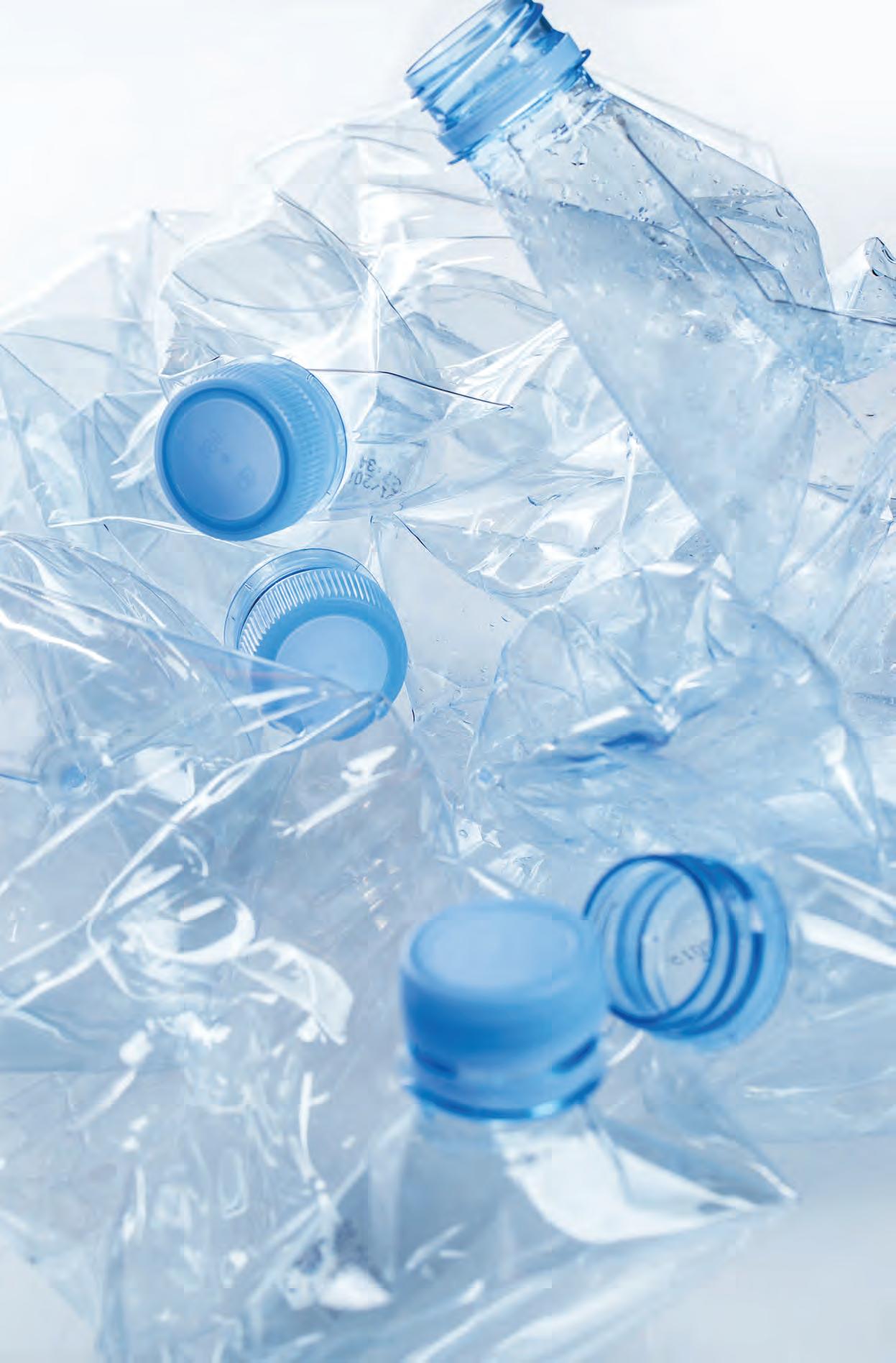
RECYCLED PET (RPET)
PET (Polyethylene Terephthalate) is a thermoplastic that is 100% recyclable into the same PET products (fibre and bottles).
PET is most commonly used in the packaging of drinks, food, personal care and pharmaceutical products.
PET material collected for recycling is carefully separated and cleaned in the process. Sorted bottles are ground up to "flakes". These flakes then are thoroughly washed in more stages to remove any residue of dirt or foreign materials. The material is heated to melt the plastic that is extruded into strands and chopped into tiny pellets. Pelletized plastic provides a uniform-sized material that can be reintroduced into the manufacturing process.
RPET can be used for numerous applications. When it is spun into fibre is used to make clothing, jackets, polar fleeces, and bags. PET plastic can be recycled again and again without any change in its characteristics or quality.
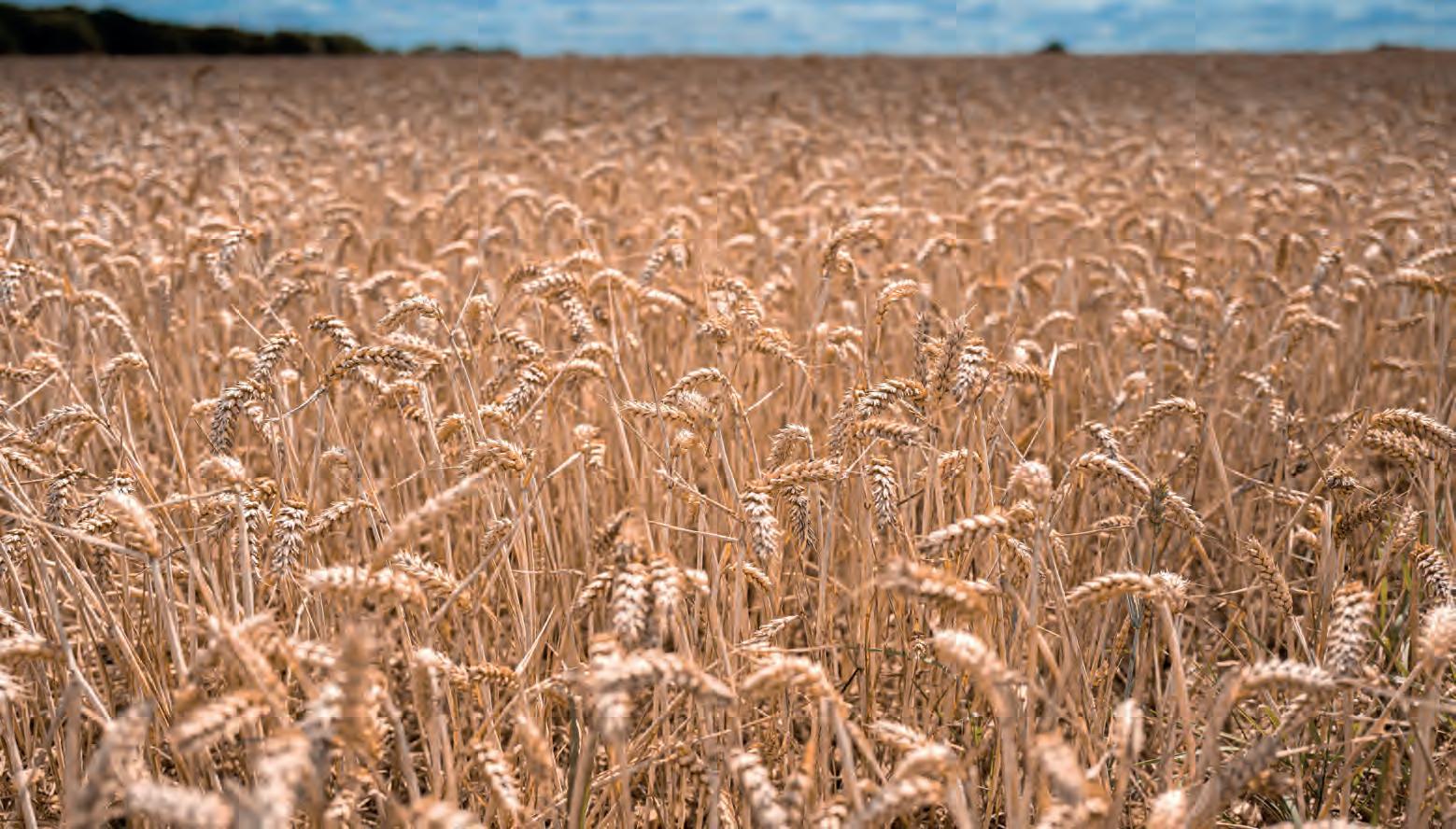
WHEAT STRAW
Wheat straw is a type of fibre-reinforced plastic, made from an agricultural by-product; the stalk that is left behind after wheat grains are harvested.
Reusing this natural waste also reduces the need for disposal, which is often accomplished through burning it, contributing to air pollution.
Fibre-reinforced plastics are composite materials that are made by combining plastics (like PP or ABS) with natural fibres (like bamboo fibre or wheat straw). This combination provides a more flexible and durable material and products that can serve you for a longer time. Adding natural fibres also means that less thermoplastic is used in the production process.
Given that these products also weigh less than traditional plastic items, their transportation requires less fuel which makes them even more sustainable.
Talk to us 01903 233828 Email us Visit us www.willsmerwagg.com sales@willsmerwagg.com
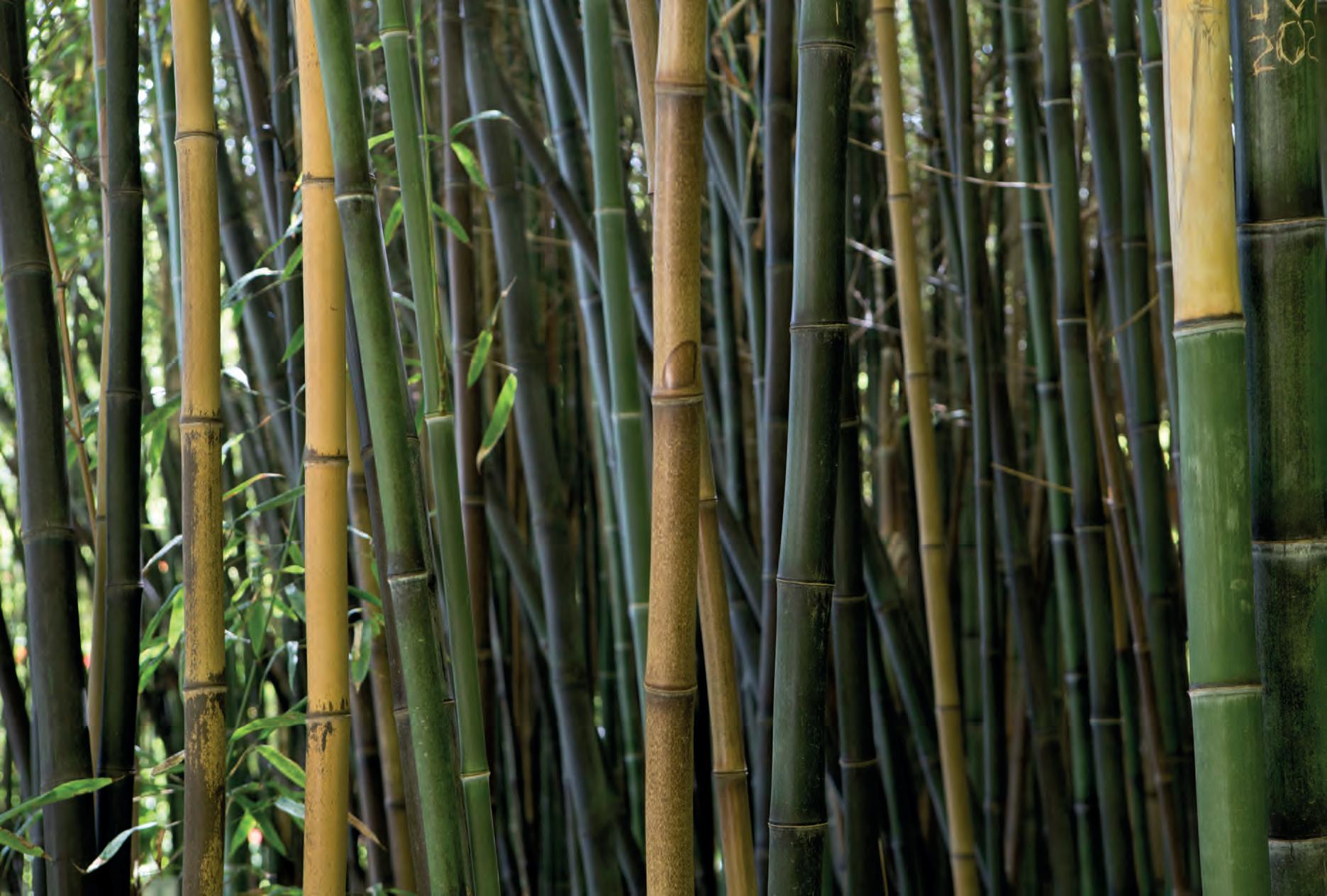
BAMBOO
Bamboo is one of the most sustainable materials on the planet.
It is a an incrediblly fast growing plant; certain species have been recorded to grow 910 mm within one day! Although a more typical growth rate for commonly cultivated bamboos is 30-100 mm per day during the growing period.
It grows to maturity in 5 years versus 30 - 120 years for wood. And the plants extract CO2 from the air during their growth! After a bamboo plant is harvested, four to seven new plants grow from the roots. It produces new culms each Spring from its continuously growing root system, regardless of the harvesting of mature stems. No replanting necessary, just made possible by nature.
Bamboo is known for its stong and flexible surface, which makes it a robust and durable material. It is naturally antibacterial, which makes it a convenient material to use in the production of toothbrushes, combs and other bathroom accessories.
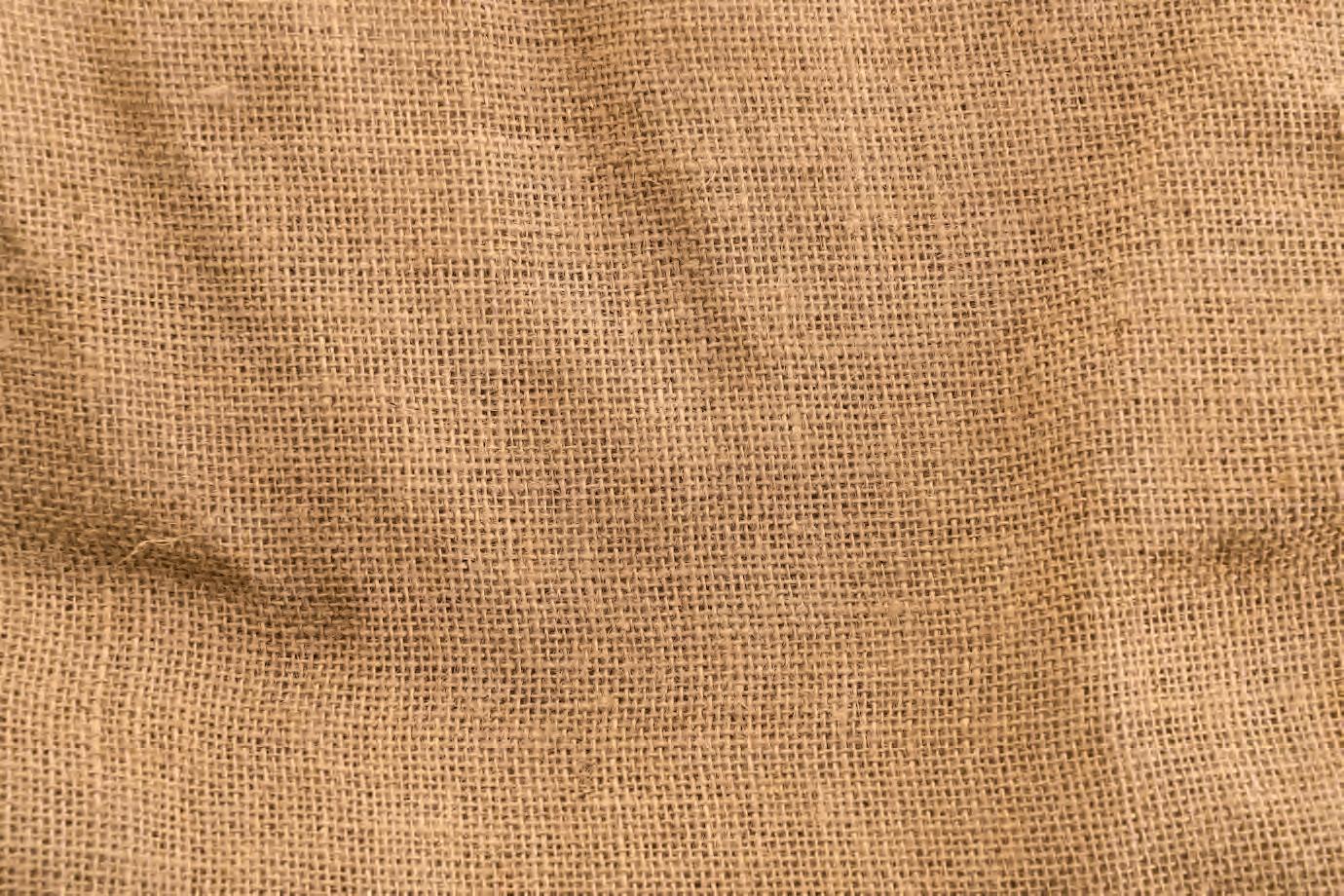
JUTE
Jute is extracted from the bark of the white jute plant (Corchorus capsularis) and to a lesser extent from tossa jute (C. olitorius). It is a natural fibre with golden and silky shine and hence called the Golden Fibre. Jute is an annual crop taking only 120 days (April / May - July / August) to grow.
Jute is a natural textile fiber. It gives a relatively rough and very durable fabric that is highly resistant to abrasion and stains. These characteristics make jute an ideal bag material.
Jute fabric is one of the world’s least expensive textiles and the second most-produced plant-based fiber. When cultivated right jute has an overall positive impact on the environment and it is biodegradable.
Talk to us 01903 233828 Email us Visit us www.willsmerwagg.com sales@willsmerwagg.com
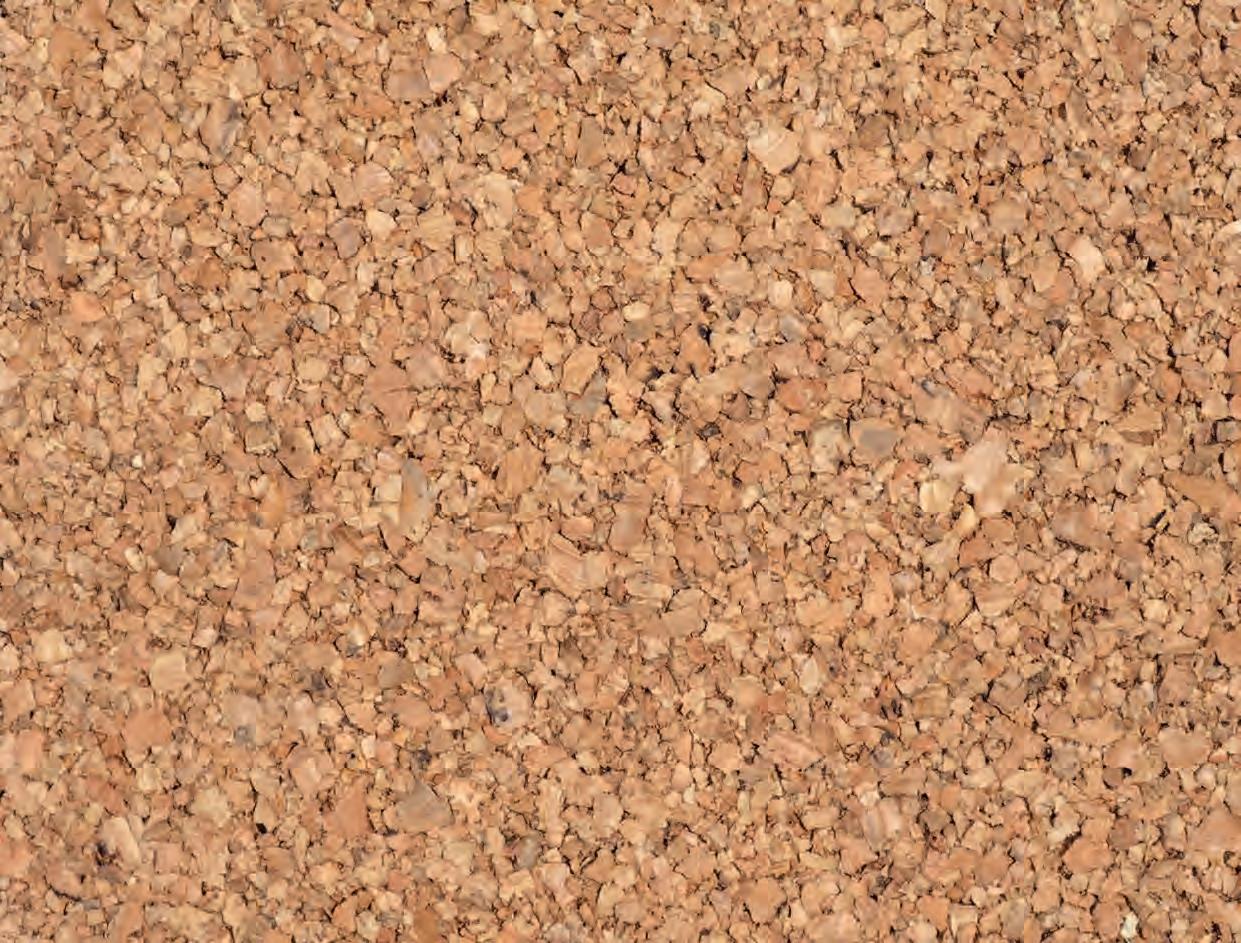
CORK
Cork is the bark of the cork oak tree; it is a completely natural raw material. It is a sustainable and renewable resource because the cork tree is not cut down, only the bark is stripped to harvest the cork, after which the tree immediately begins to grow new bark. Once the cork oak tree is about 25 years old the cork can be stripped from the trunk every nine years. The trees live for about 200-300 years. Furthermore, it is completely biodegradable and recyclable.
Cork is lightweight, impermeable to liquids and gases, elastic and compressible, provides thermal and acoustic insulation. Because of these characteristics, it is used in a variety of products. When the harvested bark is of high quality it is known as "gentle" cork, and it is used to make stoppers for wine and champagne bottles. However, the first harvest called "virgin" cork usually produces lower quality material.
These sheets of cork – along with the used stoppers that are collected – are ground up and manufactured into new cork products like flooring, shoes, cork boards, insulation and other products including promotional merchandise!
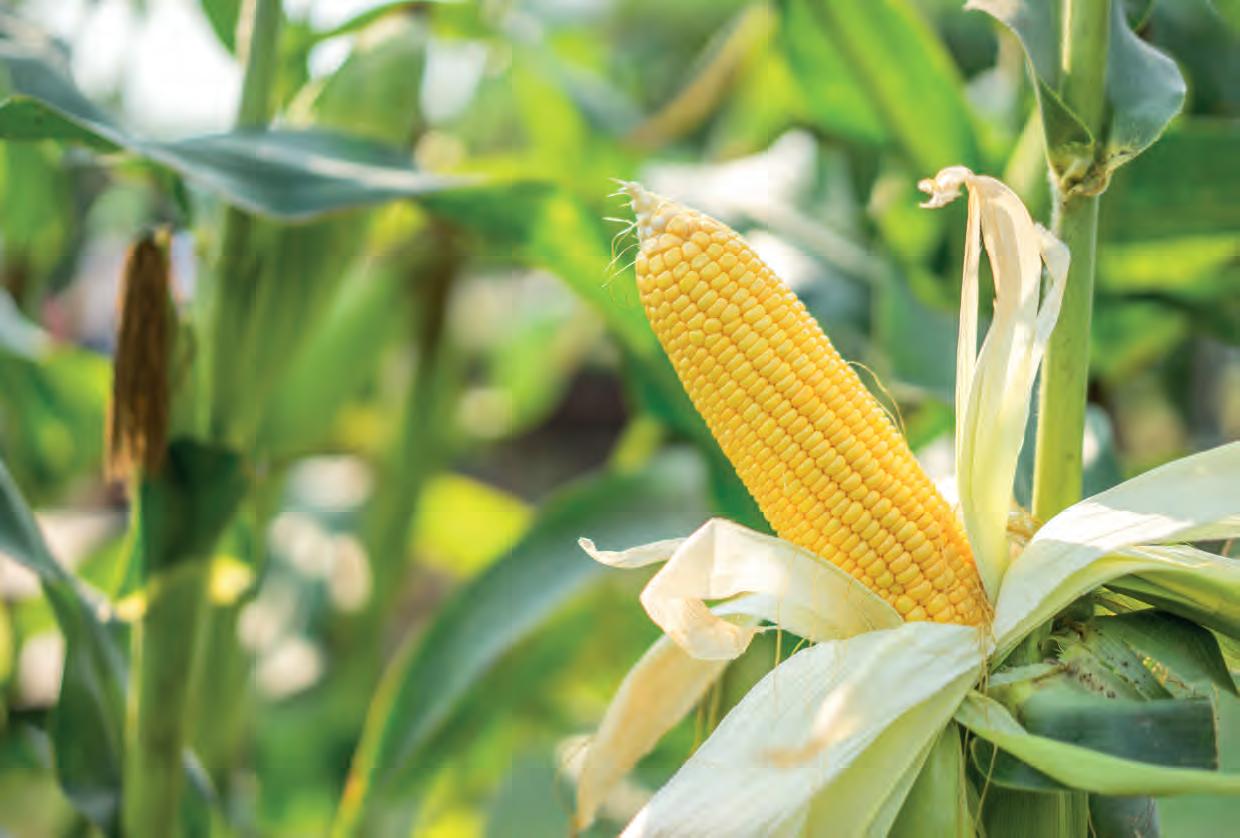
SUGAR CANE & PLA PLASTIC (POLYLACTIC ACID)
PLA Polylactide, or Polylactic Acid (PLA) is a thermoplastic aliphatic polyester derived from renewable resources like corn starch or sugar cane, therefore also known as "bioplastic".
This means that PLA is a biodegradable material made from corn starch produced by plants - natural and renewable. Lactic acid is produced by the fermentation of that corn starch, creating the fibres used to make PLA.
This environmentally friendly process converts natural resources into the ideal sustainable material. It is biodegradable and has similar properties as petroleum-based plastics, like polypropylene (PP) or polyethylene (PE) but is much better for the environment.
The most common uses of PLA include traditionally plastic promotional merchandise, bottles, and biodegradable medical devices, while PLA fibre can also replace non-renewable polyester textiles.
Talk to us 01903 233828 Email us Visit us www.willsmerwagg.com sales@willsmerwagg.com
RECYCLED / FSC PAPER
Paper recycling is the process by which waste paper is turned into new paper products. Three main sources of waste can be recycled. Mill broke and pre-consumer waste are productions wastes that were discarded before it was ready for consumer use. Post-consumer waste is paper that is collected after it has been used by end-users. It includes waste paper from offices and homes, old newspapers and packaging.
Approximately 40% of paper pulp is created from wood, of which only 9-16% of pulp is made from tree cuts, the rest comes from waste wood that was traditionally burnt. Most paper companies also plant trees to help regrow forests. Trees raised specifically for pulp production account for 16% of world pulp production.
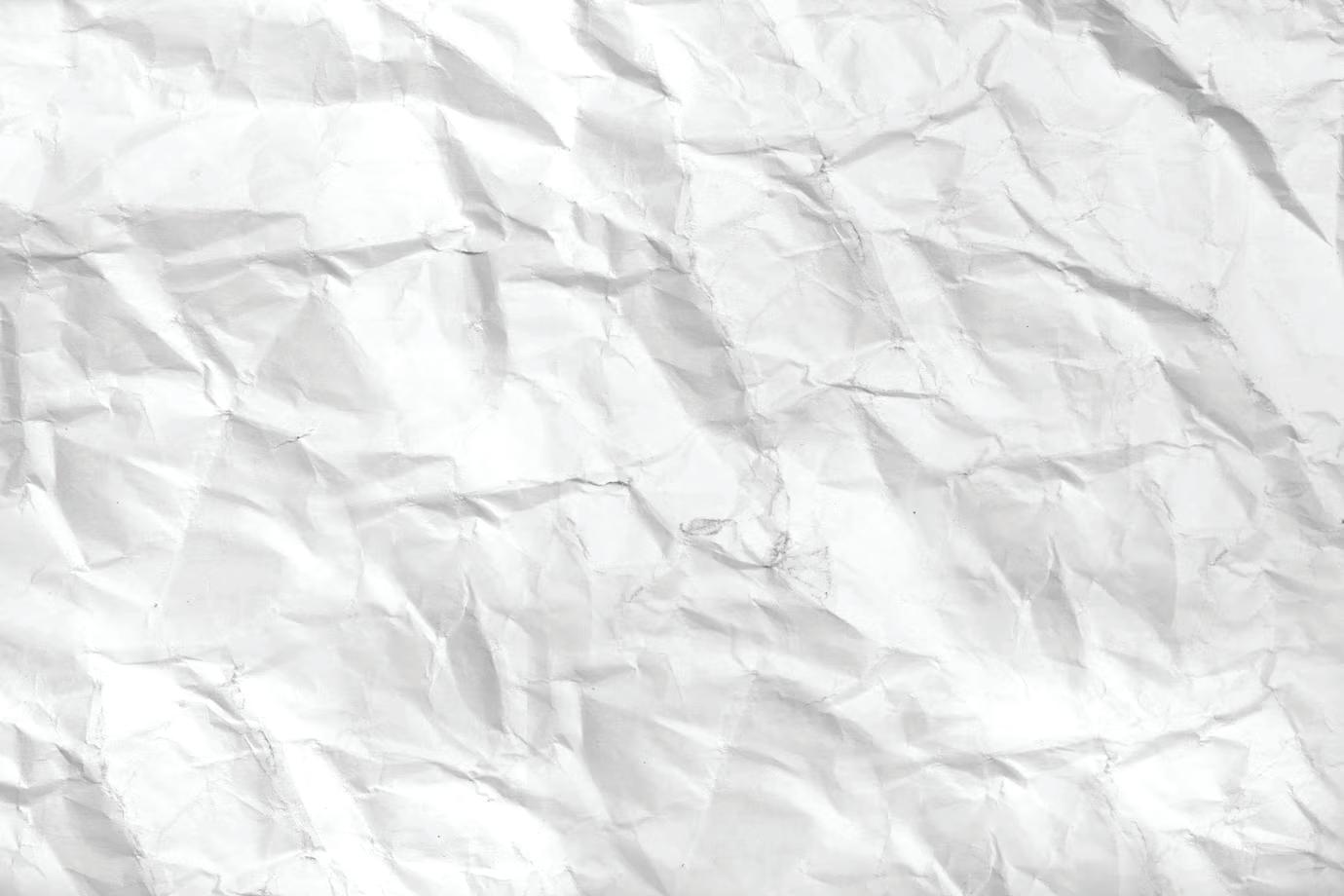
WOOD
Wood is one of the oldest natural raw materials used by humanity. Trees have been here for us through history in many functions: as fuel, in construction and shipbuilding, furniture making, as a drawing material while uncut living species add to the aesthetics of our landscape and contribute to the reduction of air pollution. Trees get 90% of their nutrition from the atmosphere and only 10% from soil.
Wood is a biodegradable material and a renewable resource. Our wooden products are sourced from a variety of woods such as walnut, pine and birch. Wooden products have a natural and durable appearance associated with high value, which makes it the perfect material for elegant and exclusive products. The tree is also a remarkable symbol in many mythologies and religious traditions, known as the tree of life or tree of knowledge. up and manufactured into new cork products like flooring, shoes, cork boards, insulation and other products including promotional merchandise!
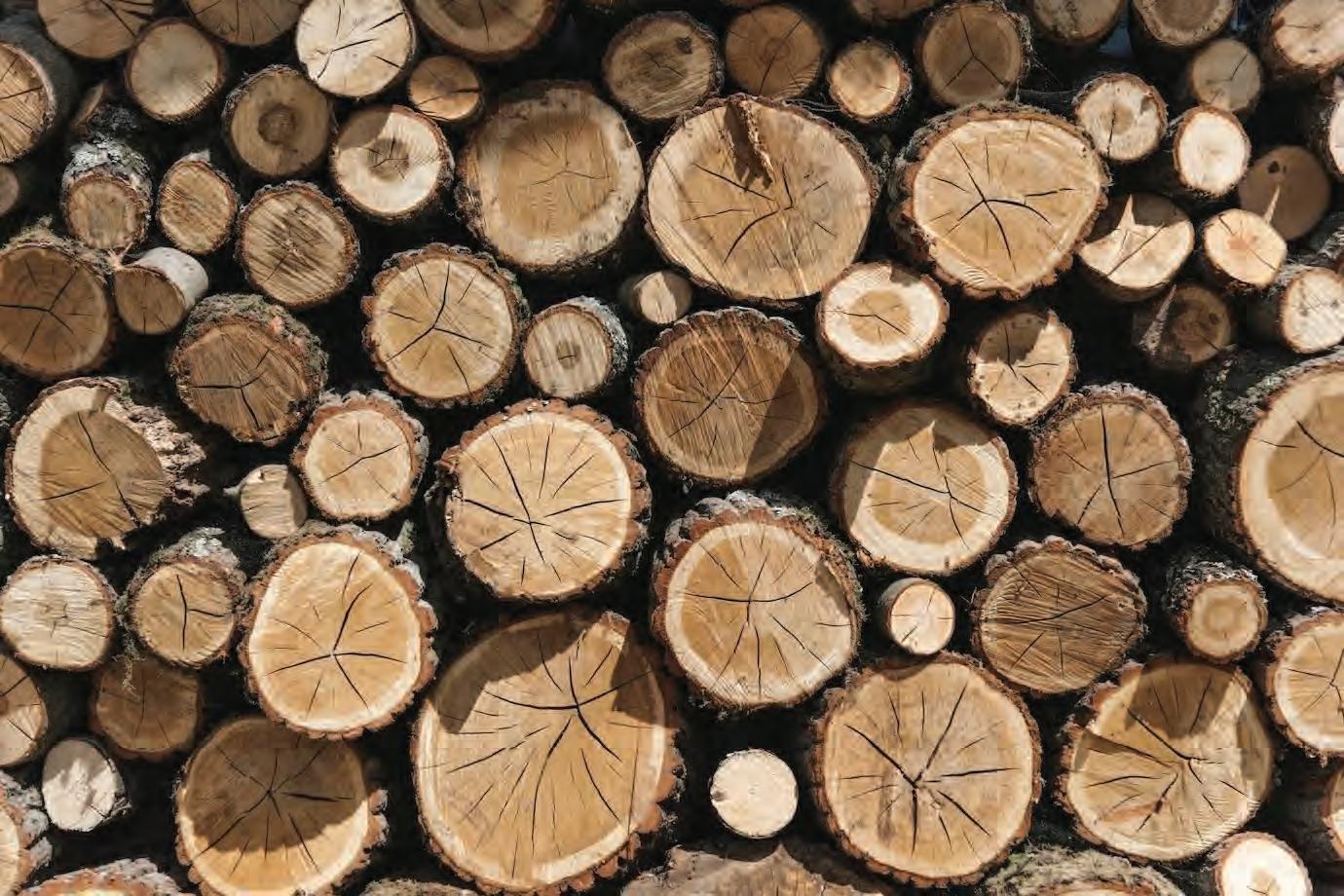
Talk to us 01903 233828 Email us Visit us www.willsmerwagg.com sales@willsmerwagg.com
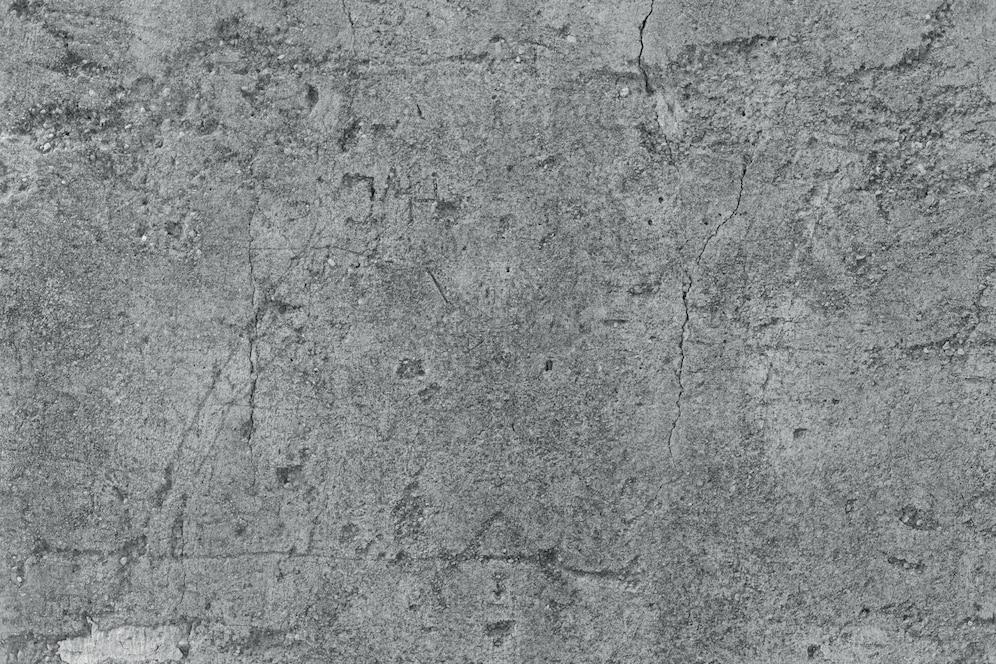
STONE
We have many products available that are made from % stone waste and % plastic to bind it.
Stone material (Calcium Carbonate) uses far less resources than a regular plastic production method, with less water, less fossil fuels, no bleach, no toxins!
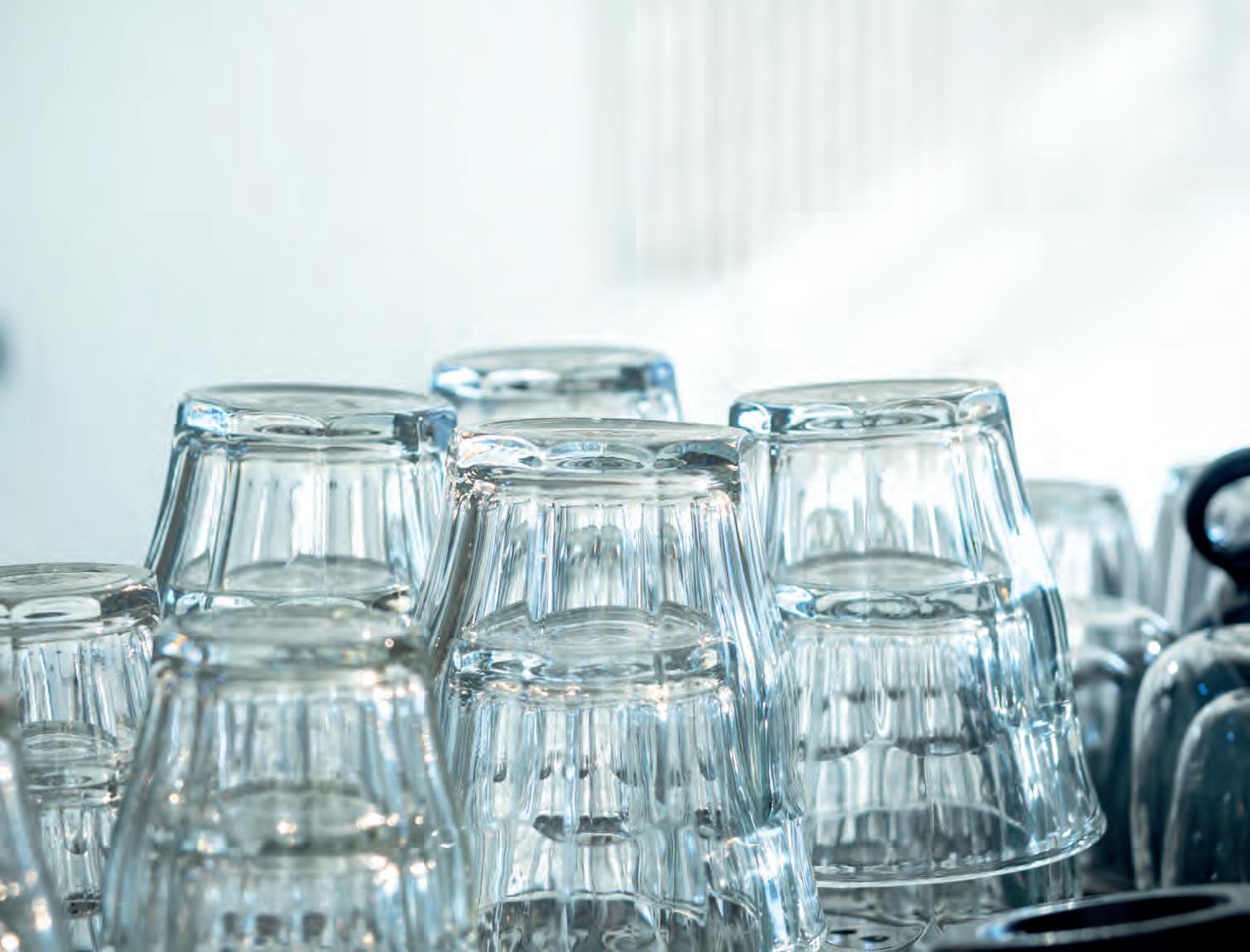
GLASS
Glass is a strong and extremely durable material while it is also very decorative. It is made from natural ingredients - mainly sand - without any chemical layers or additives, which makes it the safest packaging option for foods and beverages. It has many other versatile uses, for example, window panes, optics, in communications networks and also thermal insulating material as well.
Borosilicate glass is highly durable, thermo-resistant, environmentally friendly, safe, and non-toxic.
Most glass is 100% infinitely recyclable, reusable and refillable. It can be recycled endlessly without loss of quality and purity.
Talk to us 01903 233828 Email us Visit us www.willsmerwagg.com sales@willsmerwagg.com
SUSTAINABLE fabrics..... Talk to us 01903 233828 Email us Visit us www.willsmerwagg.com sales@willsmerwagg.com Recycled
Sustainable
Organic
friendly
Fashion
Clothing
Fabric Eco
Materials
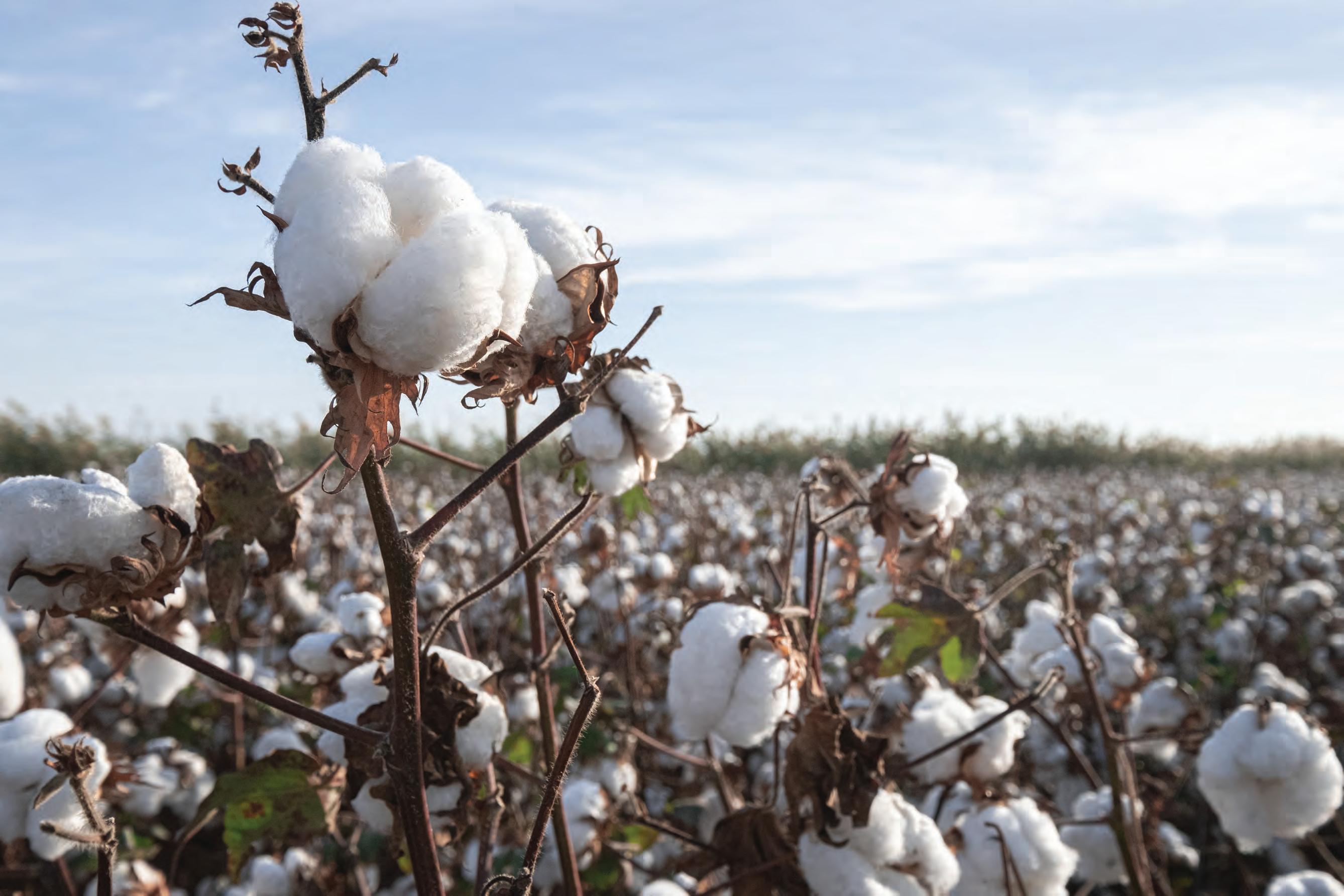
ALL ABOUT COTTON
COTTON
Cotton is a natural raw material made of the soft fibres covering and protecting the seeds of the cotton plant. It is native to tropical and subtropical regions around the world. Leading exporters of cotton are India, the United States, China, Brazil, and Pakistan. Most cotton is harvested mechanically. The fibres are then spun into yarn or thread and used to make a soft, breathable textile. Cotton is used in the production of several textile products, like fashion garments, towels and home textiles. It is also used in fishing nets, coffee filters, tents, cotton paper, and in book binding. Cottonseed is utilized to produce cottonseed oil, which is edible like any other vegetable oil.
ORGANIC COTTON
Organic cotton is the cotton fibre that has been grown from non-genetically modified plants, without the use of synthetic pesticides and fertilizers, through a process that preserves biodiversity. Organic cotton fabrics have ethical and responsible cultivation and harvesting process: optimal working conditions for the farmers and the preservation of the environment of the growing areas.
RECYCLED COTTON
Cotton recycling is a mechanical process: after sorting, the fabrics are run through a machine that shreds the fabric into yarn and further into raw fibre. It is then spun into new yarns for reuse in other products. The largest amount of recycled cotton comes from pre-consumer waste generated in the process of cutting and making textile products.
Talk to us 01903 233828 Email us Visit us www.willsmerwagg.com sales@willsmerwagg.com
ENVIRONMENTAL IMPACT OF DIFFERENT COTTON TYPES

COTTON
CLIMATE
ECOTOXICITY
ORGANIC COTTON
CLIMATE
ECOTOXICITY
RECYCLED COTTON
CLIMATE
ECOTOXICITY
RESOURCE USE
RESOURCE USE
RESOURCE USE
WATER STRESS LAND USE
WATER STRESS LAND USE
WATER STRESS LAND USE
Talk to us 01903 233828 Email us Visit us www.willsmerwagg.com sales@willsmerwagg.com
RECYCLED PET (RPET) FABRIC
PET (Polyethylene Terephthalate) is a thermoplastic that is 100% recyclable into the same PET products (fibre and bottles).
PET is most commonly used in the packaging of drinks, food, personal care and pharmaceutical products, labelled with the #1 code on or near the bottom of bottles and containers.
PET material collected for recycling is carefully separated and cleaned in the process. Sorted bottles are ground up to "flakes". These flakes then are thoroughly washed in more stages to remove any residue of dirt or foreign materials. The material is heated to melt the plastic that is extruded into strands and chopped into tiny pellets.
Pelletized plastic provides a uniform-sized material that can be reintroduced into the manufacturing process.
RPET can be used for numerous applications. RPET that is spun into fibre is used to make clothing, jackets, polar fleeces, reusable carry bags and even roof insulation.
PET plastic can be recycled again and again without any change in its characteristics or quality.

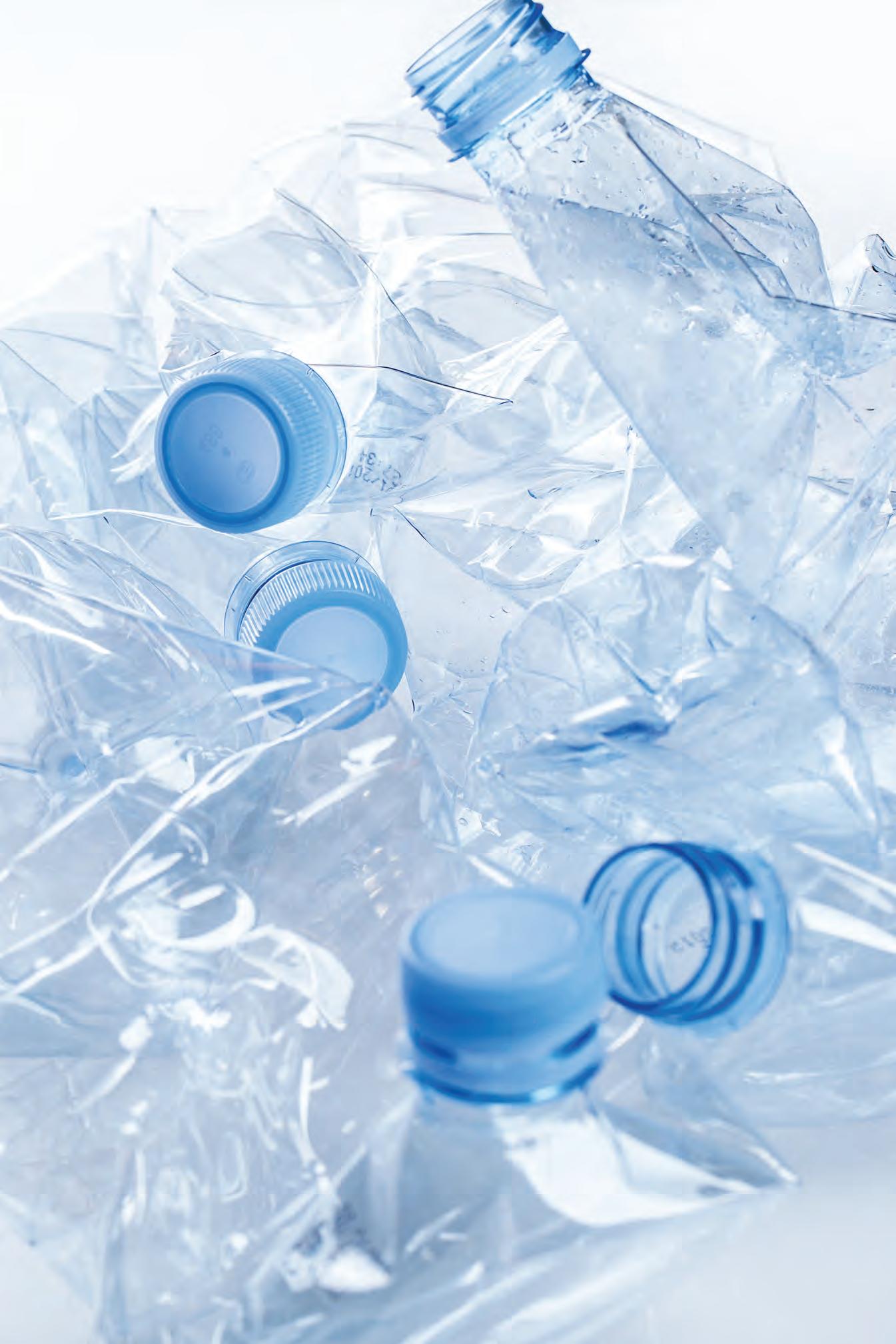
Talk to us 01903 233828 Email us Visit us www.willsmerwagg.com sales@willsmerwagg.com


PLASTIC TO FABRIC Talk to us 01903 233828 Email us Visit us www.willsmerwagg.com sales@willsmerwagg.com














